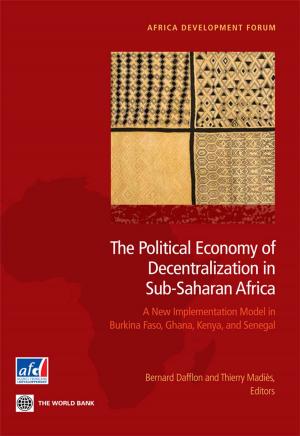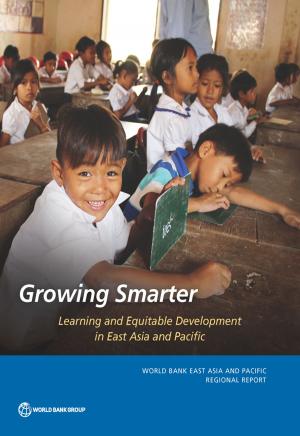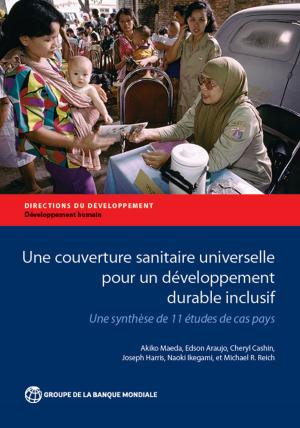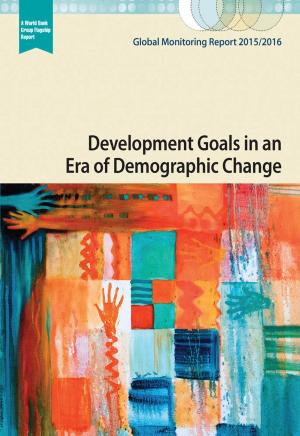The 1.5 Billion People Question
Food, Vouchers, or Cash Transfers?
Business & Finance, Economics, Macroeconomics| Author: | ISBN: | 9781464810886 | |
| Publisher: | World Bank Publications | Publication: | October 12, 2017 |
| Imprint: | World Bank Publications | Language: | English |
| Author: | |
| ISBN: | 9781464810886 |
| Publisher: | World Bank Publications |
| Publication: | October 12, 2017 |
| Imprint: | World Bank Publications |
| Language: | English |
Most of the people in low and middle-income countries covered by social protection receive assistance in the form of in-kind food. The origin of such support is rooted in countries’ historical pursuit of three interconnected objectives, namely attaining self-sufficiency in food, managing domestic food prices, and providing income support to the poor. This volume sheds light on the complex, bumpy and non-linear process of how some flagship food-based social protection programs have evolved over time, and how they currently work. In particular, it lays out the broad trends in reforms, including a growing move from in-kind modalities to cash transfers, from universality to targeting, and from agriculture to social protection. Case studies from Egypt, India, Indonesia, Mexico, Sri Lanka, and United States document the specific experiences of managing the process of reform and implementation, including enhancing our understanding of the opportunities and challenges with different social protection transfer modalities.
Most of the people in low and middle-income countries covered by social protection receive assistance in the form of in-kind food. The origin of such support is rooted in countries’ historical pursuit of three interconnected objectives, namely attaining self-sufficiency in food, managing domestic food prices, and providing income support to the poor. This volume sheds light on the complex, bumpy and non-linear process of how some flagship food-based social protection programs have evolved over time, and how they currently work. In particular, it lays out the broad trends in reforms, including a growing move from in-kind modalities to cash transfers, from universality to targeting, and from agriculture to social protection. Case studies from Egypt, India, Indonesia, Mexico, Sri Lanka, and United States document the specific experiences of managing the process of reform and implementation, including enhancing our understanding of the opportunities and challenges with different social protection transfer modalities.















